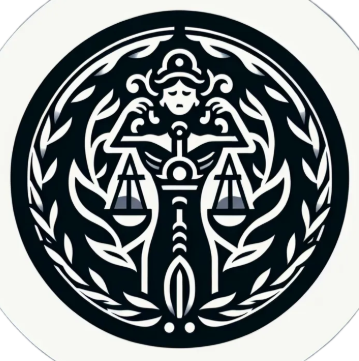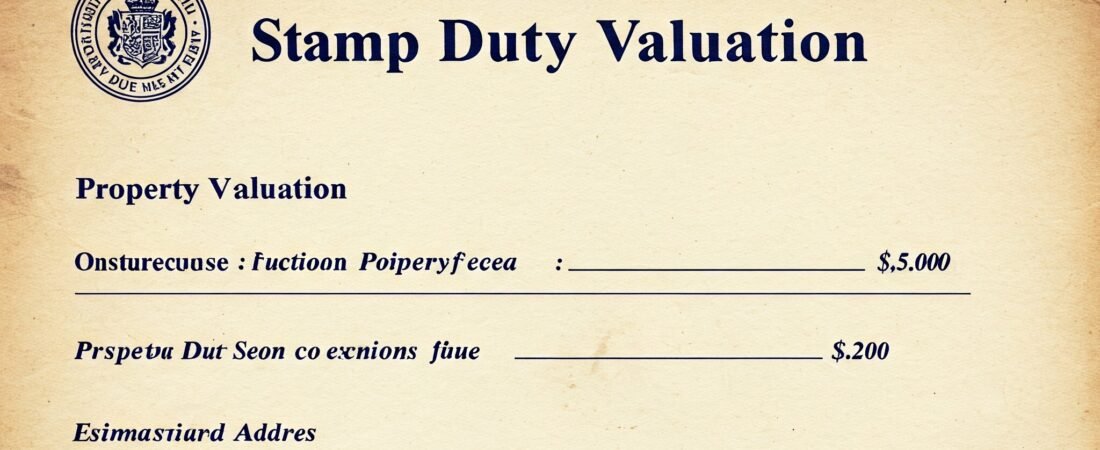The Supreme Court of India recently delivered a significant judgment in Chief Revenue Controlling Officer-cum-Inspector General of Registration & Ors. vs. P. Babu on January 3, 2025. This case delved into the procedural irregularities in determining the market value of property for stamp duty purposes under the Indian Stamp Act, 1899. This article breaks down the key aspects of the case, the Court’s reasoning, and its implications for property buyers and legal practitioners.
Key Facts of the Case
The case arose from two sale deeds executed in 2002, where the buyer, P. Babu, faced allegations of undervaluation by the registration authorities. The Special Deputy Collector (Stamps) significantly revised the market values, which led to increased stamp duty demands. The buyer challenged these decisions, escalating the matter to the High Court and eventually the Supreme Court.
The High Court quashed the orders of the registration authorities, citing non-compliance with mandatory procedural requirements under Section 47-A of the Stamp Act. The appellants, dissatisfied with the High Court’s ruling, brought the matter before the Supreme Court.
Legal Issues Addressed
- Procedural Requirements Under Section 47-A
Section 47-A empowers registering officers to refer undervalued property documents to the Collector for market value determination. However, this referral requires a “reason to believe” that the property value is understated. - Non-compliance with Procedural Rules
The Supreme Court scrutinized the failure of authorities to adhere to procedural safeguards, such as issuing notices with reasons for undervaluation and conducting proper inquiries before fixing revised market values. - Principles of Natural Justice
The Court emphasized the importance of giving parties reasonable opportunities to present their case before determining market value.
Supreme Court’s Observations and Decision
The Supreme Court upheld the High Court’s decision, highlighting the following points:
- Lack of Reasoned Notices: The Form I notices issued by the registration authority lacked substantive reasons for suspecting undervaluation.
- Failure to Follow Prescribed Rules: The authorities bypassed crucial steps, such as provisional orders and adequate hearings, under the Tamil Nadu Stamp (Prevention of Undervaluation of Instruments) Rules, 1968.
- Violation of Natural Justice: The buyer was not provided an opportunity to participate in critical inspections or inquiries.
The Court concluded that the entire process was arbitrary, rendering the revised valuations null and void.
Implications of the Judgment
- Safeguarding Buyers’ Rights: This judgment underscores the necessity of transparency and adherence to statutory procedures in property transactions.
- Guidelines for Authorities: The decision clarifies the limitations of registering officers and reinforces the quasi-judicial role of Collectors in market value assessments.
- Precedent for Future Cases: Legal practitioners can rely on this ruling to challenge arbitrary actions by registration authorities.
The Supreme Court’s judgment in this case reinforces the importance of procedural compliance and fairness in the valuation of property for stamp duty purposes. It serves as a critical reminder for both property buyers and authorities to adhere to legal norms to ensure justice and equity. Buyers should remain vigilant and seek expert legal advice in property transactions to avoid disputes related to undervaluation or stamp duty.
For any queries please email me at Info@saqibgigani.com
The above is an interpretation and expression of the author. All cases have unique circumstances and events which require to be considered before commenting on the Law. Each legal case is unique, with its own set of circumstances and facts that must be carefully considered before any legal advice or opinion can be given. Therefore, while the article aims to enhance legal knowledge and assist individuals in understanding the law, it should not be used as a substitute for professional legal advice. It is strongly recommend that you consult with a qualified legal professional to discuss your specific situation before making any legal decisions or taking any action.

